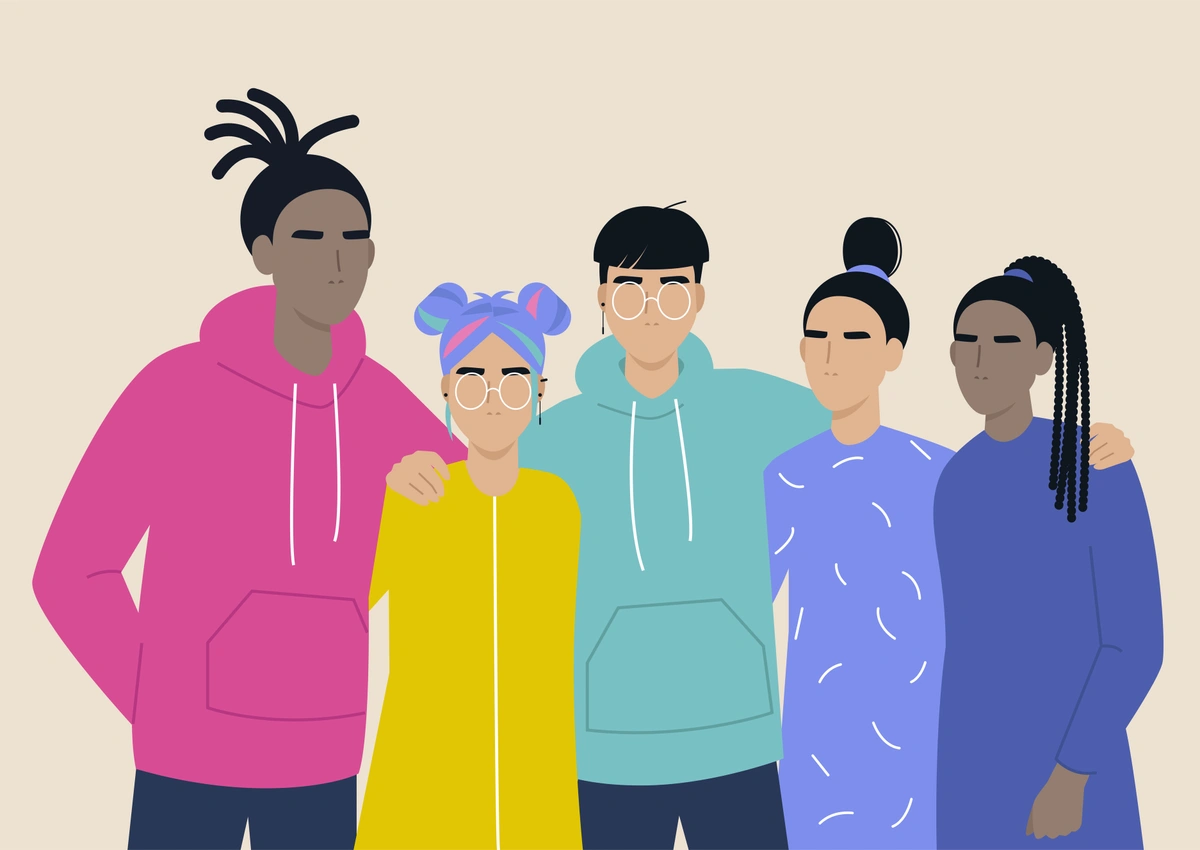Gender Dysphoria

Management and Resources
With family and friends
The severity of gender dysphoria can be mitigated by the quality of support available and whether close contacts are welcoming and empathic, or stigmatizing and rejecting. Research suggests that there is a lot that friends and family can do to decrease the distress of the transgender or gender diverse person in their lives.
There are four actions that family and friends can take that can really make a difference. The first is to read and learn about gender dysphoria. PFLAG is an excellent resource and there are many others. The second is to be a good listener. The simple act of listening and paying attention can be surprisingly helpful. The third is to offer support. The fourth is to encourage the person with gender dysphoria to get professional help, if they need it.
Family, friends, peers, teachers, and employers need to know that, when they support the gender diverse person in their lives, they are supporting that person’s mental health, as well. It is never too late to learn about diverse sexual orientations and identities and circle back with support, affirmation, encouragement, and pride. Family members have reported that joining support groups, such as PFLAG, and getting into supportive therapy themselves has been helpful at this time of change in the family.
At work
As discussed above, multiple states have introduced dangerous anti-transgender legislative attacks. At the federal level, The Equal Employment Opportunity Commission (EEOC) enforces Title VII’s prohibition of sexual discrimination based on gender identity or sexual orientation, regardless of the state or local law, however, their effectiveness remains to be seen. LGBTQ employees who experience workplace discrimination may file a charge of employment discrimination with the EEOC. More information is available on the www.eeoc.gov website.
At school
The US Department of Education’s Office for Civil Rights (OCR) was created to ensure equal access to education regardless of race, color, national origin, sex, disability, and age. This Applies to LGBTQ students, as well. Students who have faced academic discrimination based on gender identity or sexual orientation may file a complaint with the Office for Civil Rights (OCR). For further details refer to www.2.ed.gov.
Additional resources
General resources for those with Gender Dysphoria and those close to them:
The World Professional Association for Transgender Health
Suicide Prevention: The National Suicide Prevention Lifeline (800-273-8255)
Support communities
Recommended reading
About a Girl: A Mother’s Powerful Story of Raising Her Transgender Child By Rebekah Robertson
Becoming Nicole: The Transformation of an American Family By Amy Ellis Nutt
If I Was Your Girl By Meredith Russo
Our Trans Loved Ones - Free on PFLAG website
Sissy: A Coming-of-Gender Story By Jacob Tobia
The Guide to Being a Trans Ally - Free on PFLAG website
This is How It Always Is: A Novel, By Laurie Frankel, Gabra Zackman, et al.